Who Benefits From Mobile Medical Vehicles
Mobile medical vehicles are highly sufficient types of vehicles used by healthcare providers who want to help underserved communities. But who...
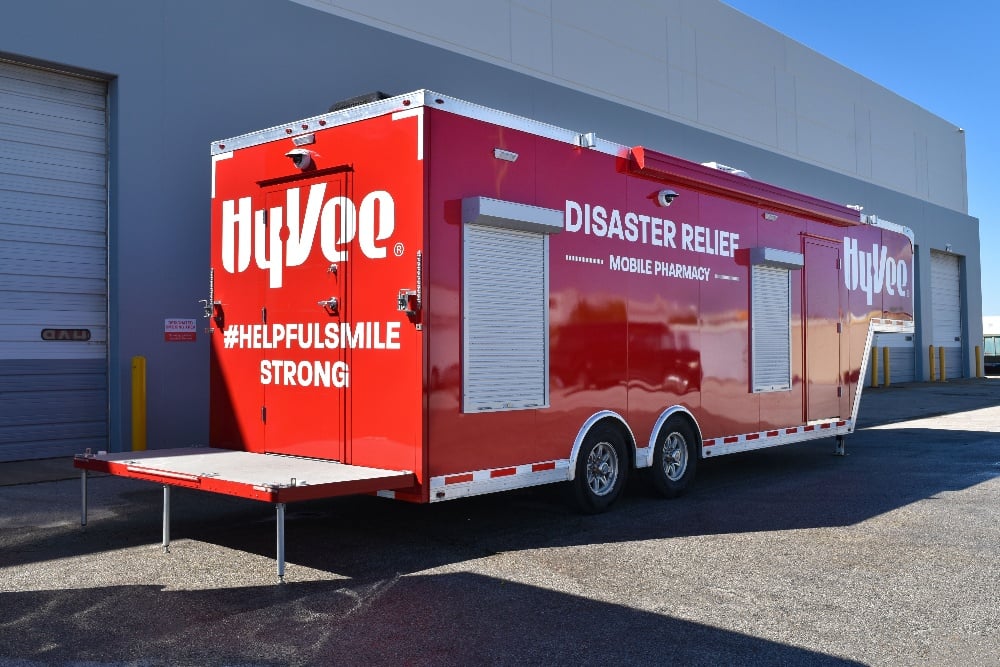
Mobile medical vans may save lives daily. The best thing is that these vehicles can travel anywhere to provide access to medical services. Permitting a mobile medical vehicle is essential in ensuring that it operates legally and safely. As a healthcare provider, it is crucial to understand how to permit a mobile medical vehicle.
Continue reading to learn the steps involved in permitting a mobile medical vehicle and understand the legal requirements that you need to fulfill. Plus, you will discover the requirements for building a mobile medical clinic.
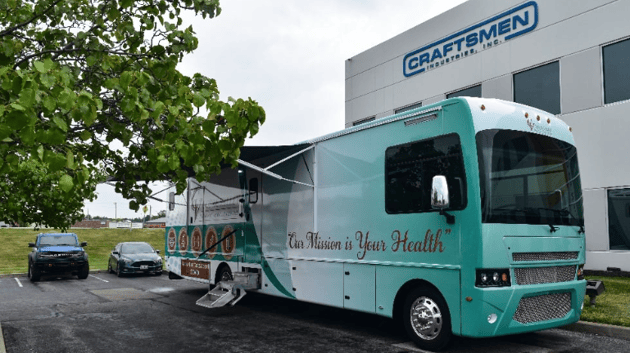
Source: craftsmenind.com
The first step in obtaining permits for a mobile medical vehicle is to research the specific requirements in your state or local area.
Contact the local government’s health department or licensing board to understand the specific regulations and paperwork needed for your mobile healthcare unit. Some common requirements include certificates, licenses, and inspections.
According to Missouri’s Department of Revenue (the state where we operate), all CDL holders must comply with motor carrier safety regulations and give information about the type of commercial vehicle they drive in.
Based on the driving operation, some drivers will also be required to submit a medical “examiner’s” certificate to obtain a “certified” medical status for the needs of their driving record.
Clearly define the services your mobile medical vehicle will provide and the locations where you plan to operate.
Mobile medical vehicles can offer various services like primary care, vaccinations, screenings, or specialized services. For example, you should define your specialized services like mobile optometry, mobile mammography, etc.
If your business needs such a vehicle, Craftsmen Industries can manufacture and customize your Mobile Medical Vehicles to your specific services.
So, determine the areas you plan to cover and the services you want to offer to ensure compliance with local-specific regulations.
Before applying for permits, it is important to establish the legal entity for your mobile medical vehicle.
You can choose to form a legal entity such as a Limited Liability Company (LLC) or corporation. Usually, our clients are LLCs, sole proprietorships, or partnerships. Each status has benefits and drawbacks, so defining what you want to achieve with your business is an important beginning.
Consult an attorney to determine the most suitable legal structure for your mobile healthcare unit.
To operate a mobile medical vehicle, you will need a business license. Contact your local government’s licensing department to get the necessary forms and information regarding fees and required documentation. Ensure that they comply with all local regulations.
Besides a business license, you may need specific professional licenses for your mobile healthcare services. These requirements depend on the type of medical services you plan to offer.
For instance, you may need a dental license if you plan to provide dentistry services. So, you have to research the specific professional licenses required for your medical specialty.
Mobile medical vehicles must carry insurance coverage. So, you need to contact insurance providers for commercial vehicle insurance to get the appropriate coverage for your mobile healthcare unit.
Insurance coverage usually includes liability, property, and auto insurance to protect against potential accidents or damages.
All in all, keep in mind that you have to insure both your vehicle and drivers. The price depends on several factors, like the driver’s experience, the type of vehicles in your fleet, and the number of trips you can complete in a day.
Mobile medical vehicles must meet safety standards to ensure staff and patient safety. These standards may include electrical safety, fire safety, emergency equipment availability, and infection control protocols.
Consult with local health and safety authorities to understand the precise safety requirements for your mobile healthcare unit. Make sure all necessary safety measures are implemented before applying for permits.
Once all required documents are complete, it is time to prepare and submit applications. Your organization must check with your local health department for the needed forms and fees.
Make sure to complete the application correctly and provide the proper documents.
Depending on your location and the services you offer, your mobile medical vehicle might need to undergo inspections. Inspections can include reviews of the vehicle’s design, equipment, emergency procedures, and control protocols.
Plus, bear in mind that inspectors will come to inspect your mobile medical vehicle to ensure it meets health and safety standards.
Another type of inspection your organization should expect is inspecting records. Your patient records should be well-maintained and kept private.
Finally, an inspection will also control whether your medical staff has the right qualifications and licenses to provide services.
Make sure that your mobile healthcare unit complies with the inspection requirements before scheduling an inspection.
Before obtaining permits for medical vans, you have to pass the inspections and fulfill the requirements. In short, these permits may include health department permits, business licenses, professional licenses, or other authorization.
As leaders in the industry of manufacturing mobile medical units, such as mobile medical vehicles, we know that building a mobile medical clinic requires focusing on several aspects.
Those are the following:
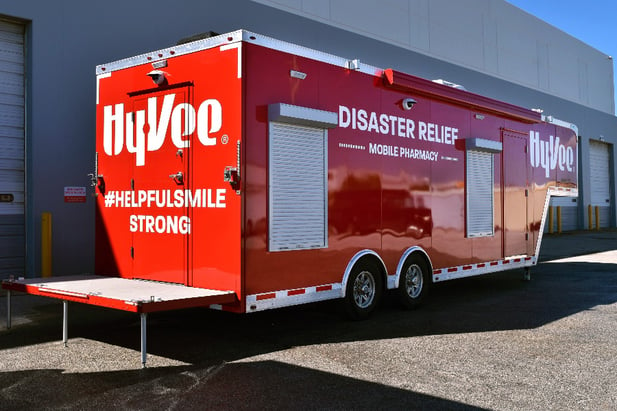
Source: craftsmenind.com
These are the most important aspects when designing and building a mobile medical clinic. We ensure that your clinic meets all the requirements, creating a safe environment for patients and staff.
Moreover, we will follow all regulations about the construction and operation of medical facilities. These include meeting building codes, safety standards, electrical, plumbing, and ventilation regulations.
Plus, we ensure the clinic is built with fire-resistant materials and includes safety features, like emergency exits.
Customization options are essential to meet the specific needs of different medical practices. We offer many customization options to accommodate various equipment and medical specialties.
For example, we can discuss the layout to provide specific treatment rooms, storage areas, reception, waiting areas, and restrooms.
So, our goal is to communicate with clients to understand their requirements and design a mobile clinic that meets their needs.
We, manufacturers, know that we should use high-quality materials that are resistant to wear and tear and can withstand the consequences of transportation and regular use.
The construction should be solid and meet all required structural standards. The clinic should be equipped with reliable utilities, like electrical and plumbing systems. It is important that they function properly and are durable.
Investing in high-quality materials means investing in a clinic that will last for an extended period.
Once your mobile clinic is built, your medical staff should be trained to maintain the clinic. It is a manufacturer's duty to offer maintenance support and service for your healthcare unit.
Remember that regular maintenance keeps your clinic in good working condition with reduced downtime and no disruption to patient care.
Additionally, every manufacturer's company should offer quick and responsive customer service. This is important because potential issues or breakdowns might affect medical services and care delivery.
.jpeg?width=600&height=300&name=SIHF%20Healthcare%20Coach%20w-%20WC%20Lift%20(crop-small).jpeg)
Source: craftsmenind.com
Another crucial aspect that a good manufacturer should consider when building a mobile medical clinic is the efficient workflow.
The layout and design of the clinic should allow efficient patient care. That is why it is important where the equipment, treatment rooms, reception, and restroom are placed. A good layout and organization should optimize the workflow and minimize congestion.
Moreover, medical supplies and equipment storage space should be easily accessible and organized.
As clients, your organization should always ask for warranty and after-sales support. A good warranty and support will save your company from unexpected expenses and give you peace of mind.
Now that you know how to permit a mobile medical vehicle, it is important to comply with local regulations and maintain compliance. Your business should regularly review and update the permits to ensure they remain valid.
Following the mobile medical vehicle authorization process, you can obtain the necessary permits and provide essential healthcare services to your community.
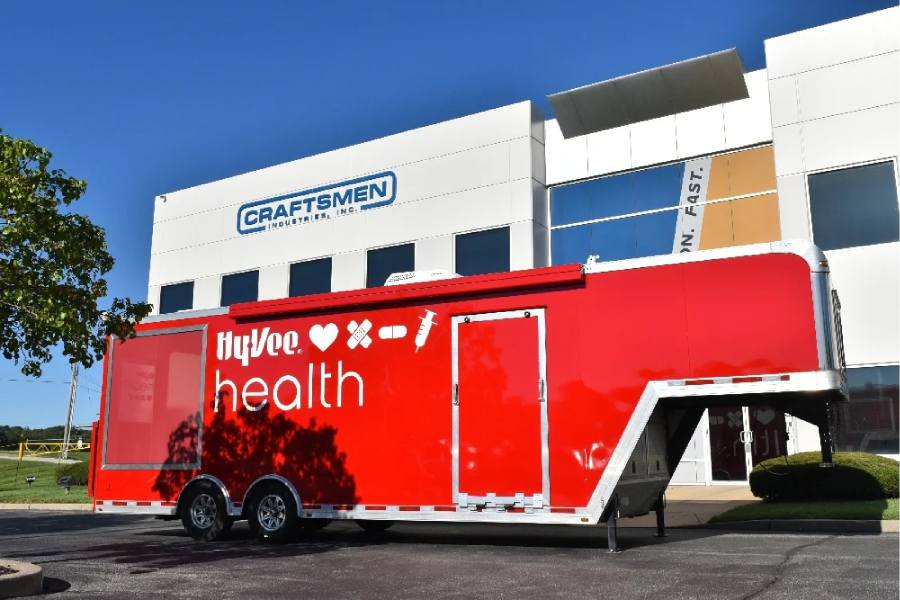
Mobile medical vehicles are highly sufficient types of vehicles used by healthcare providers who want to help underserved communities. But who...
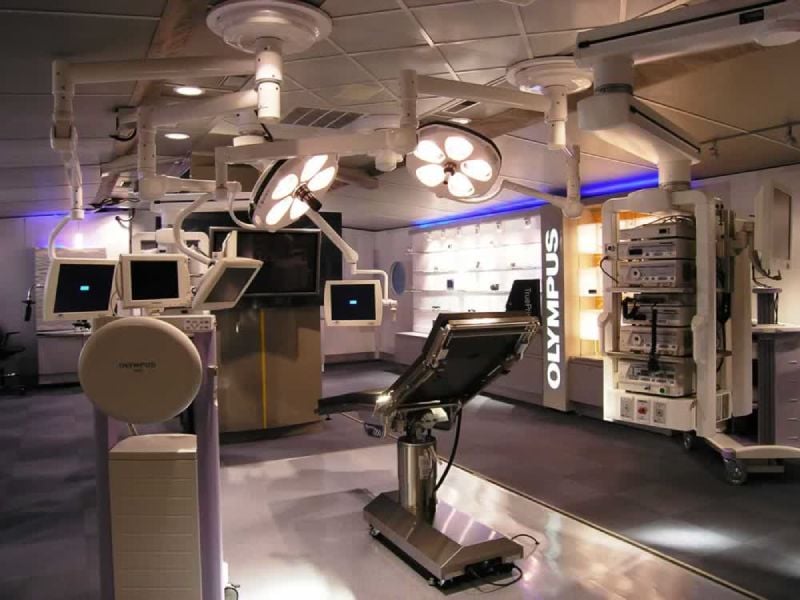
Crowded hospitals and long waiting lists make it difficult for many people to access medical care on time. It also prevents healthcare professionals...
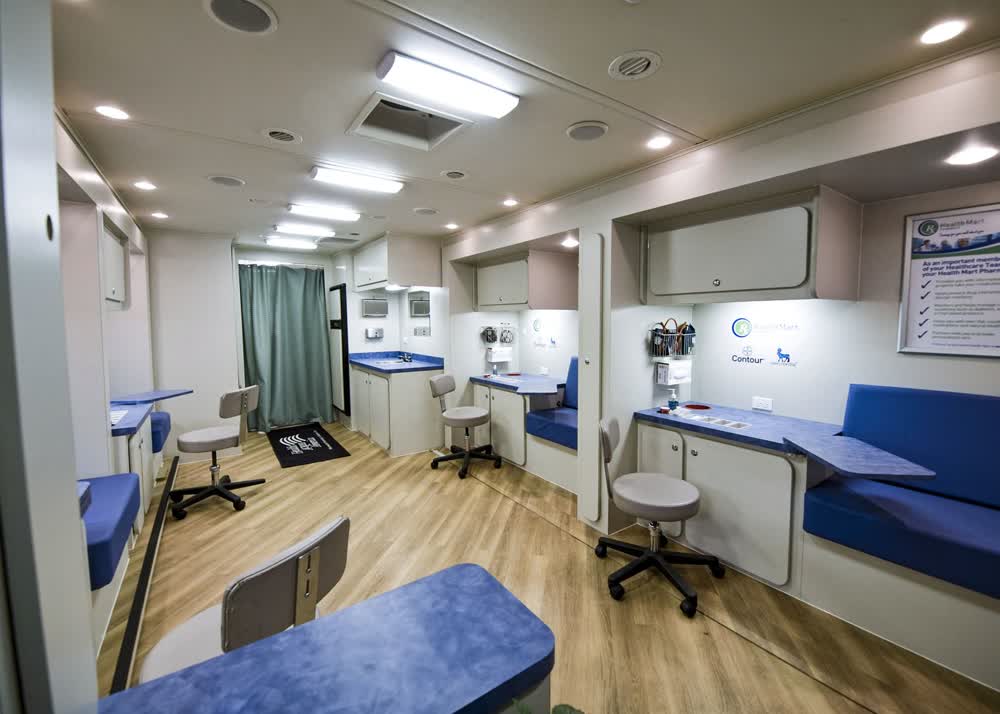
A mobile clinic is a customized vehicle that can bring reactive or preventative healthcare directly to the people where they live and work. These...